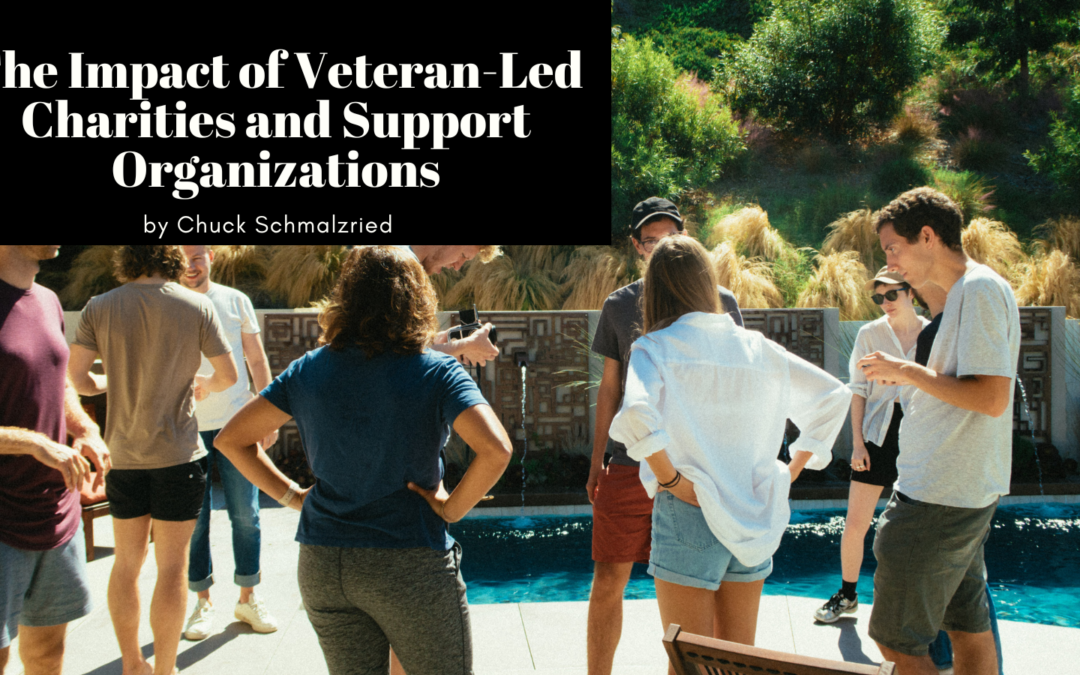Veteran-led charities and support organizations play a vital role in addressing the needs of veterans and their communities. These organizations, founded and run by former service members, bring a unique understanding of veterans’ challenges after returning to civilian life. Their insider perspective allows them to offer tailored support that fills gaps left by traditional programs, creating positive, lasting impacts for veterans, their families, and the broader community.
Understanding Veterans’ Needs
Veteran-led organizations are uniquely positioned to address the specific challenges veterans encounter, such as mental health, reintegration, job placement, and housing instability. Those who have experienced military service firsthand know the difficulties of transitioning back into civilian life, from coping with post-traumatic stress disorder (PTSD) to navigating career changes. This understanding enables veteran-led charities to offer targeted, meaningful assistance in ways that other organizations might overlook.
One standout example is The Wounded Warrior Project, which focuses on providing mental health services, rehabilitation, and career guidance for veterans. Because it is run by those who have served, the organization is highly attuned to the needs of its members and can connect with veterans on a personal level, creating a more impactful support system.
Empowering Veterans Through Peer Support
A core strength of veteran-led charities is their ability to foster peer support. Veterans often feel more comfortable seeking help from others who have shared similar experiences, building trust crucial in recovery and reintegration. Organizations like Team Red, White & Blue use this peer-to-peer model to build strong veteran communities that offer services, camaraderie, fitness programs, and social engagement opportunities, helping veterans regain a sense of belonging.
Filling Gaps in Government Programs
While government programs for veterans exist, they can often be slow or bureaucratic, leaving veterans underserved in crucial areas. Veteran-led support organizations frequently fill these gaps with specialized programs that offer quicker and more accessible help. For example, Homes for Our Troops builds specially adapted homes for severely injured veterans, providing immediate assistance where traditional housing programs may fall short. By identifying areas where veterans struggle the most, these organizations ensure that no veteran is left behind.
Creating Lasting Change in Communities
Beyond individual veterans, the work of veteran-led charities has ripple effects throughout communities. By offering career development programs, housing assistance, and mental health support, these organizations not only improve veterans’ lives but also help reduce homelessness, unemployment, and the stigma surrounding mental health issues. In turn, this contributes to stronger, healthier communities.
In conclusion, veteran-led charities and support organizations are essential to the veteran support network. Their deep understanding of veterans’ needs, peer-based support models, and commitment to filling service gaps make them uniquely effective in helping veterans thrive. Their impact goes beyond the individual, fostering stronger communities and ensuring that those who have served are not forgotten.
